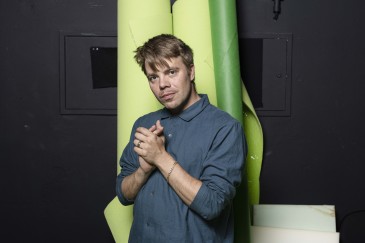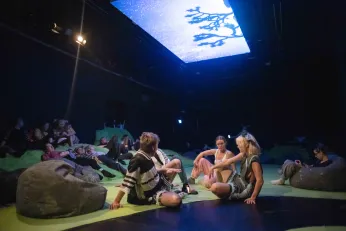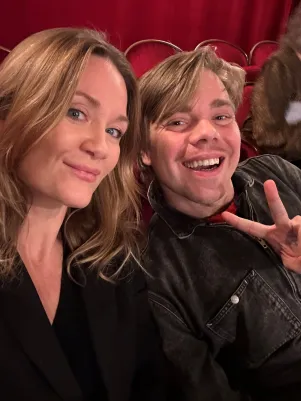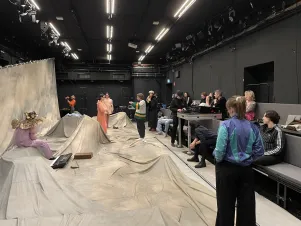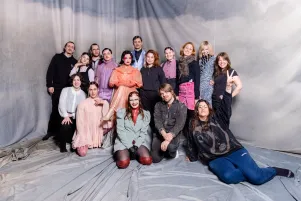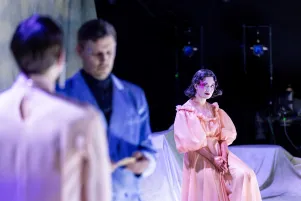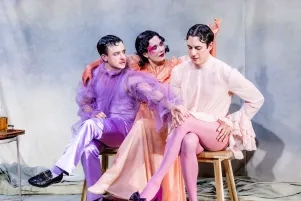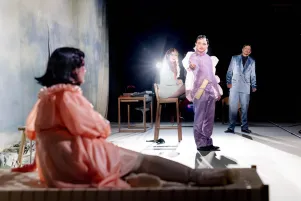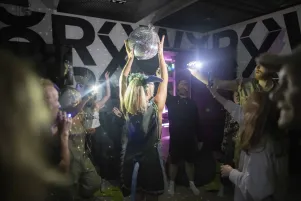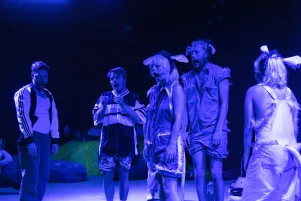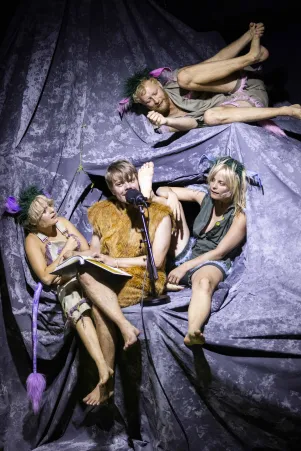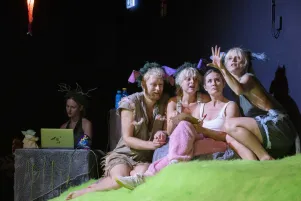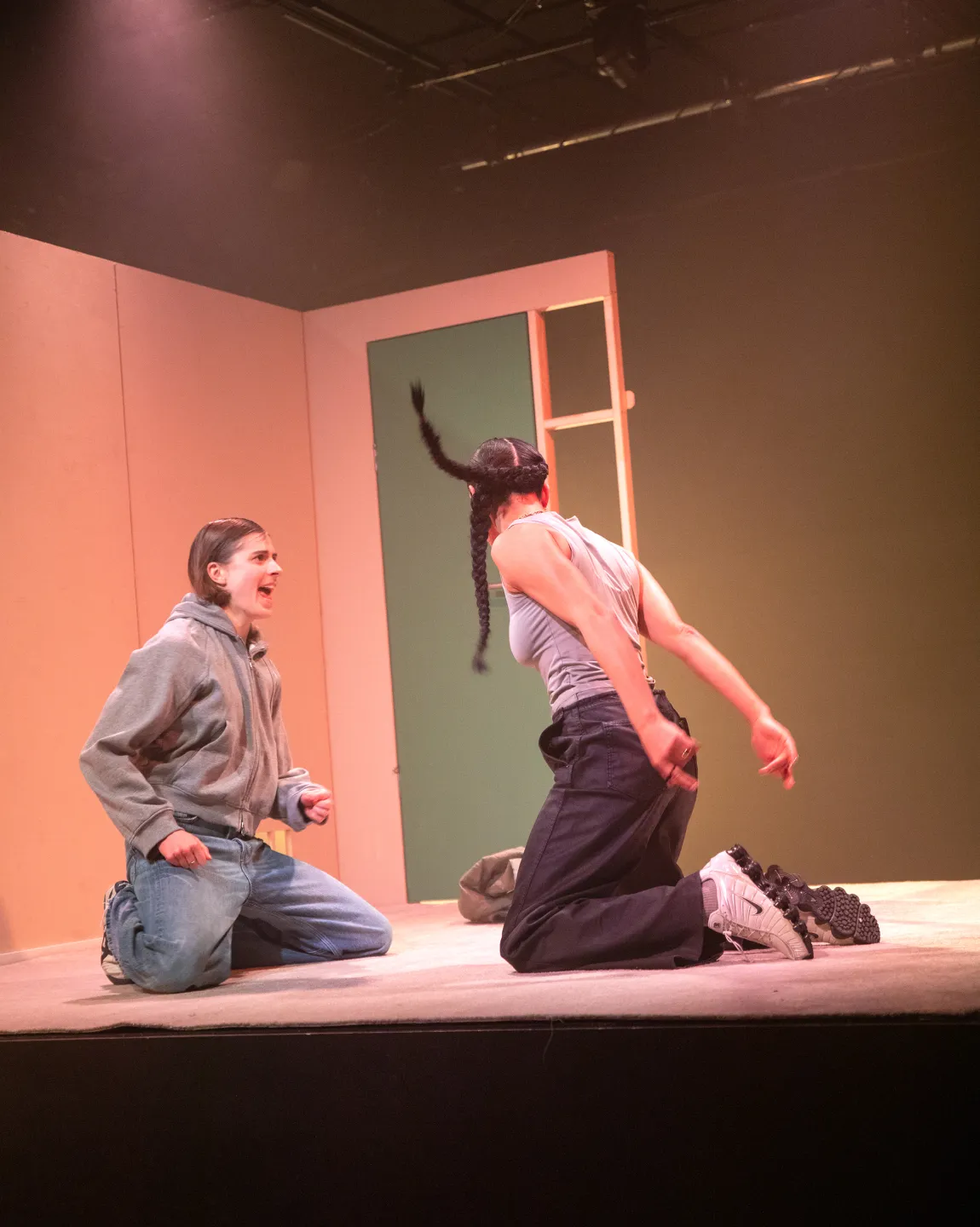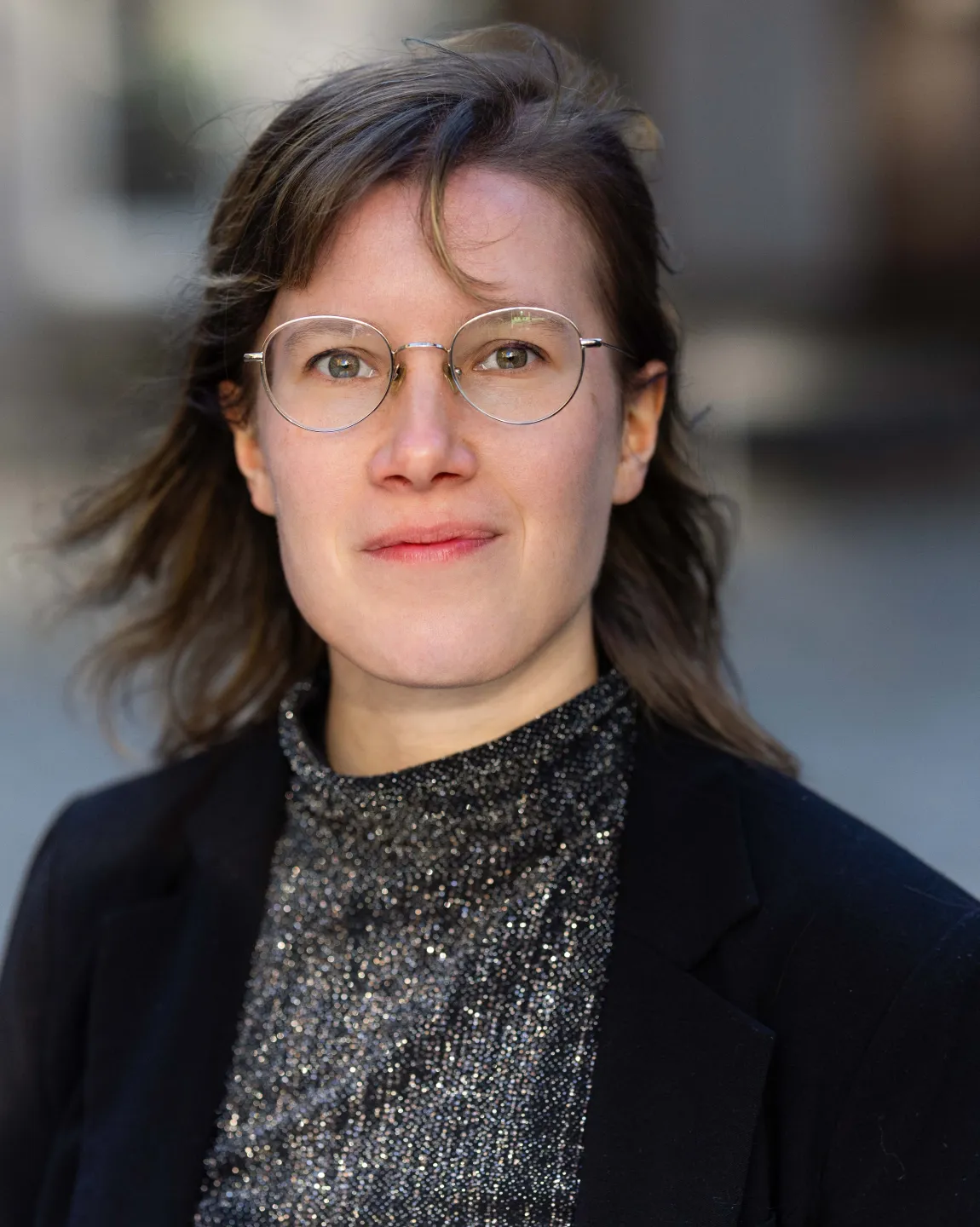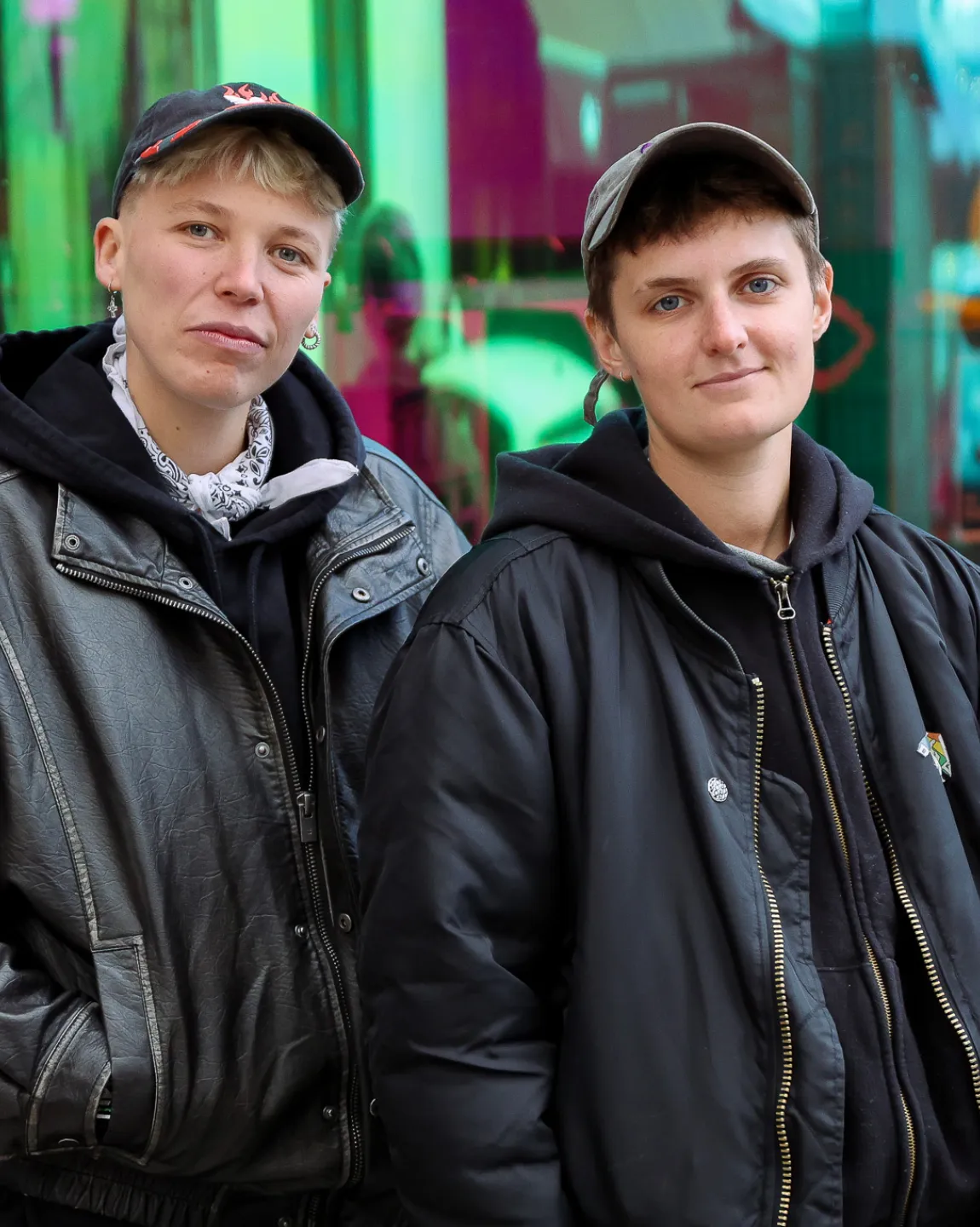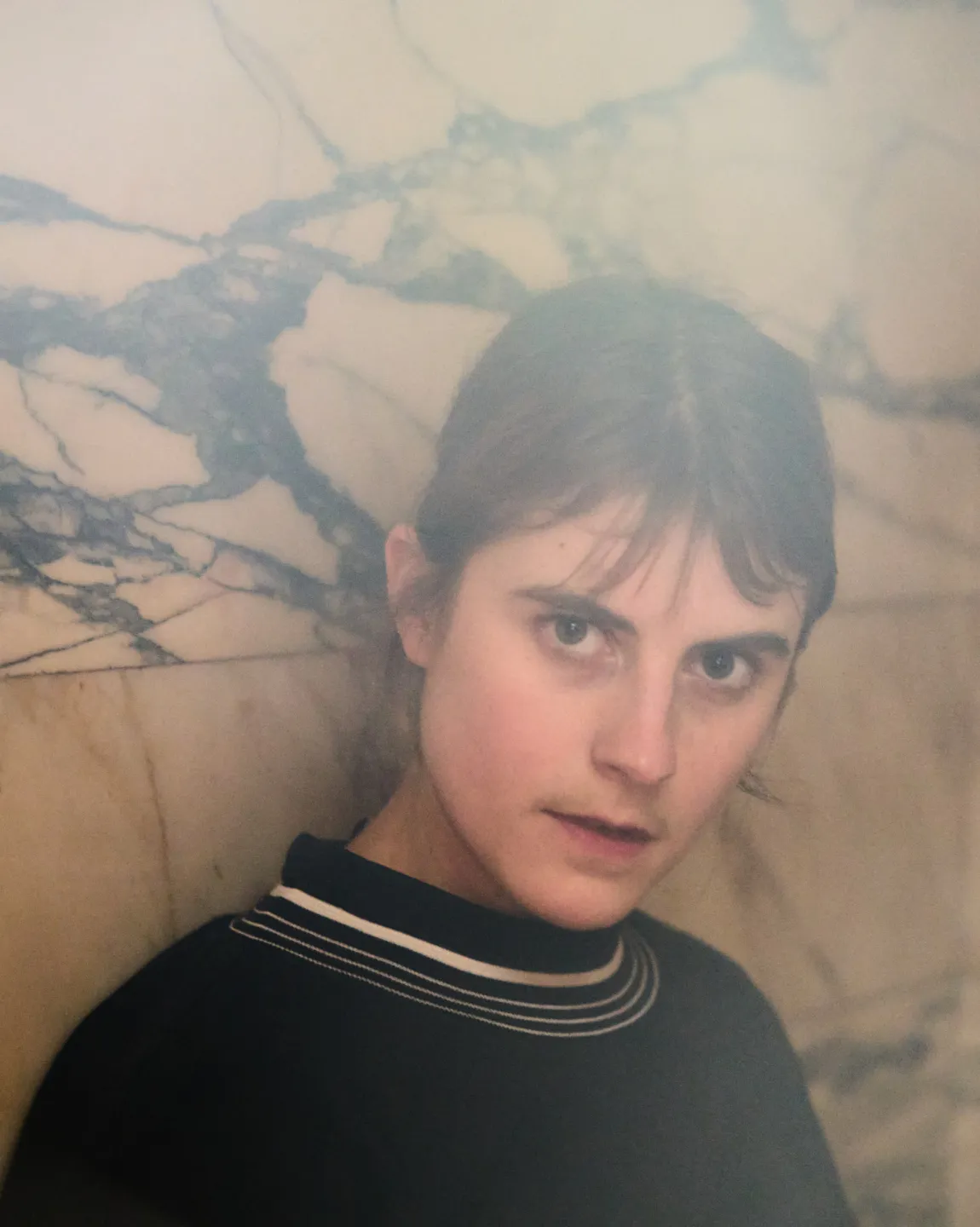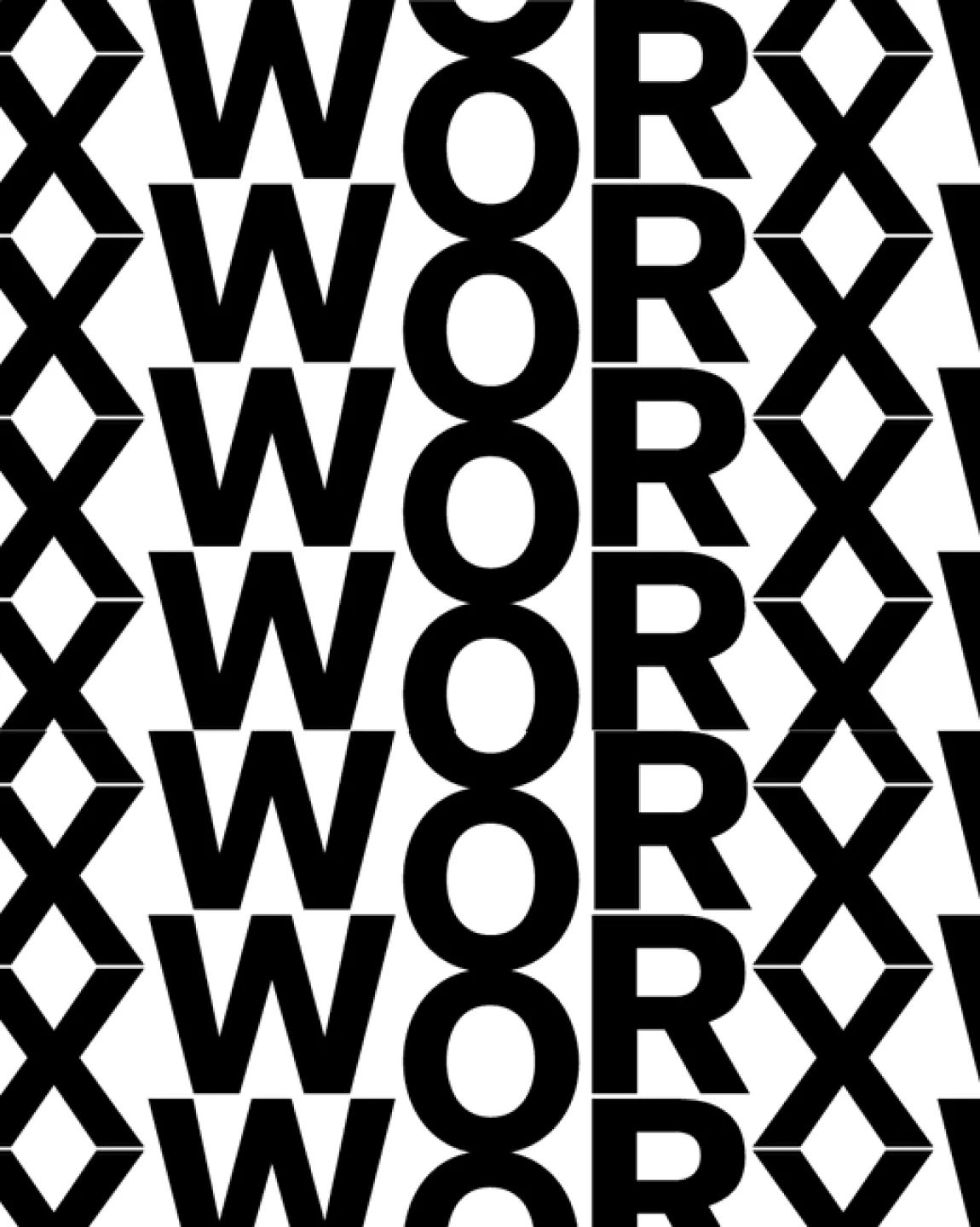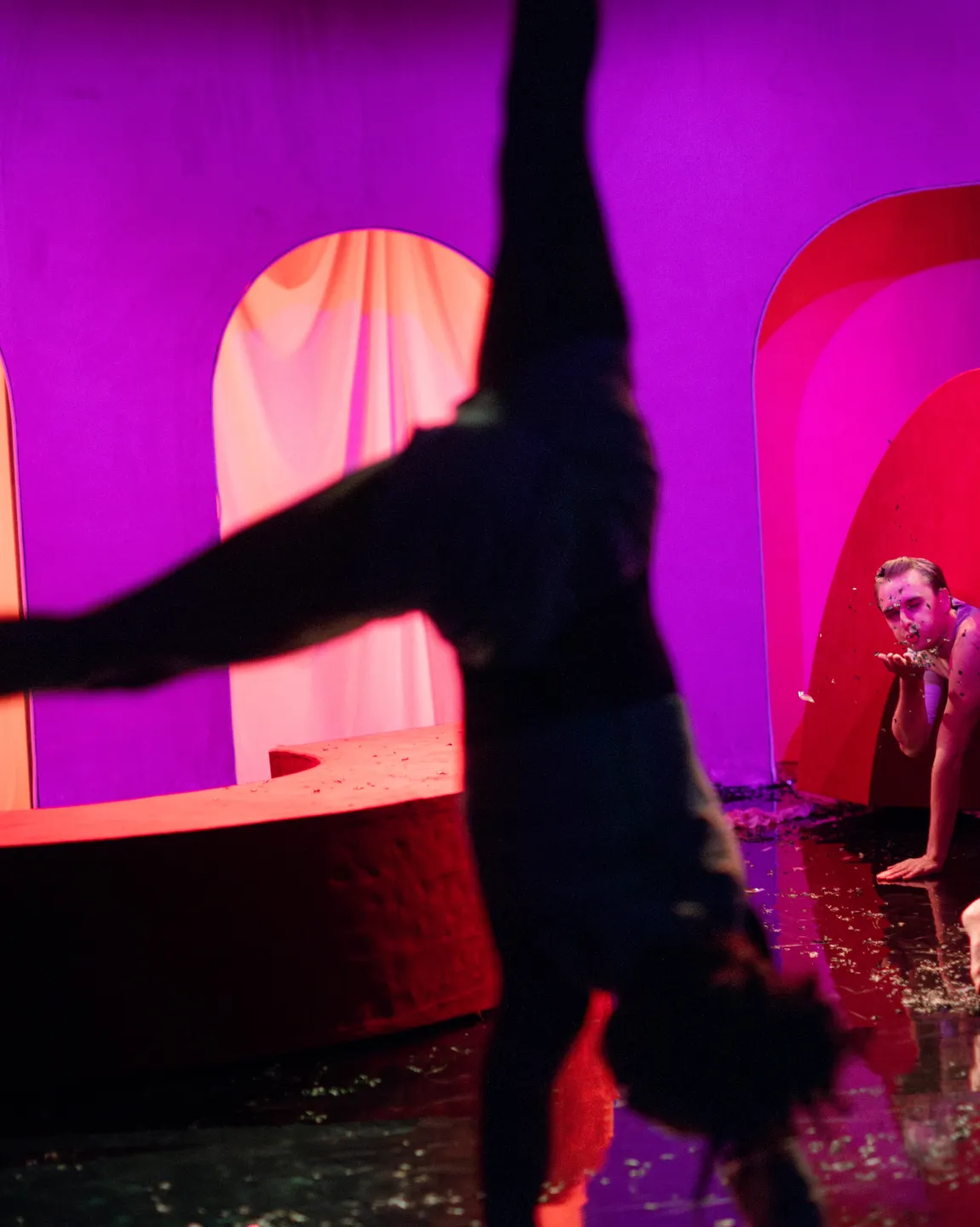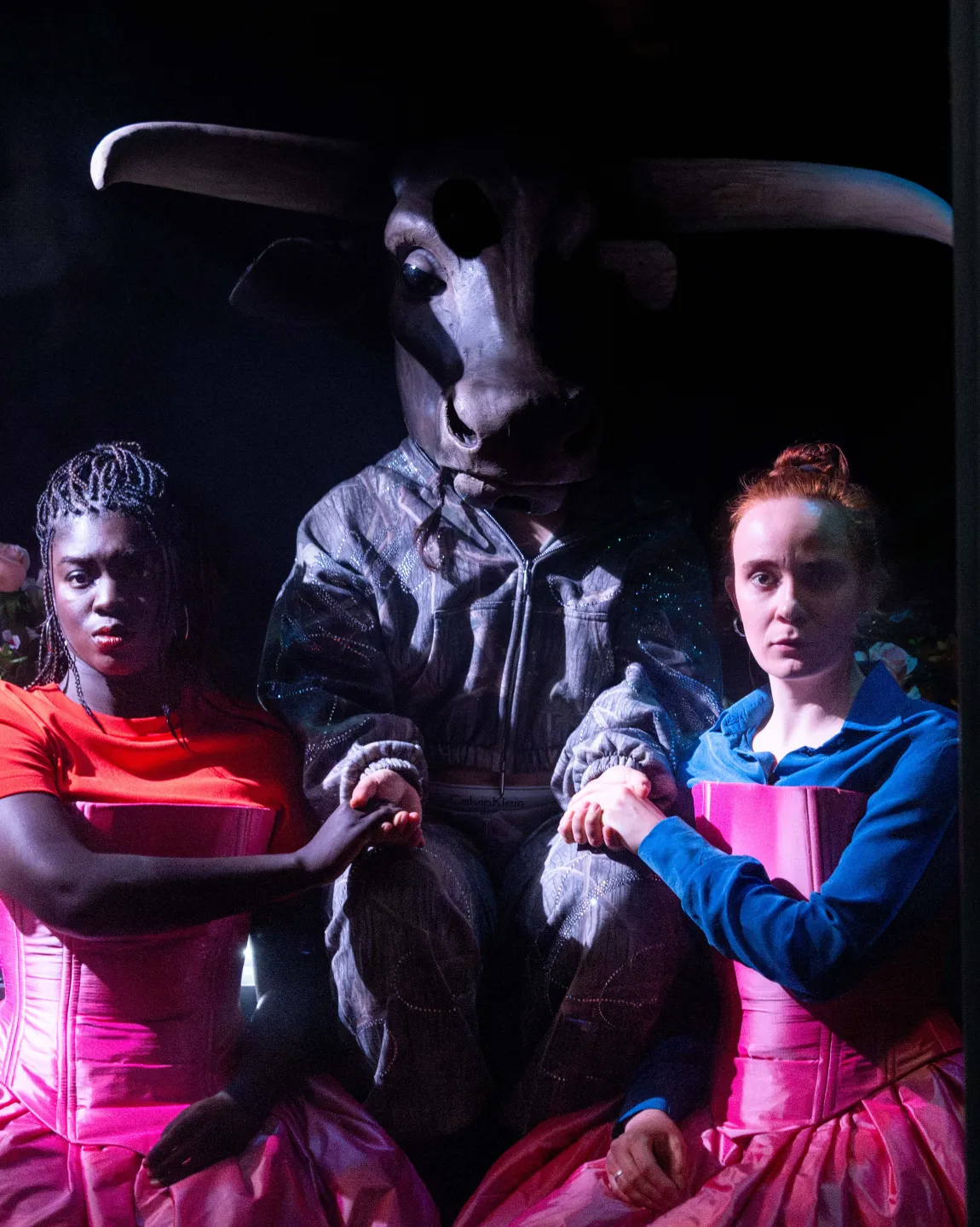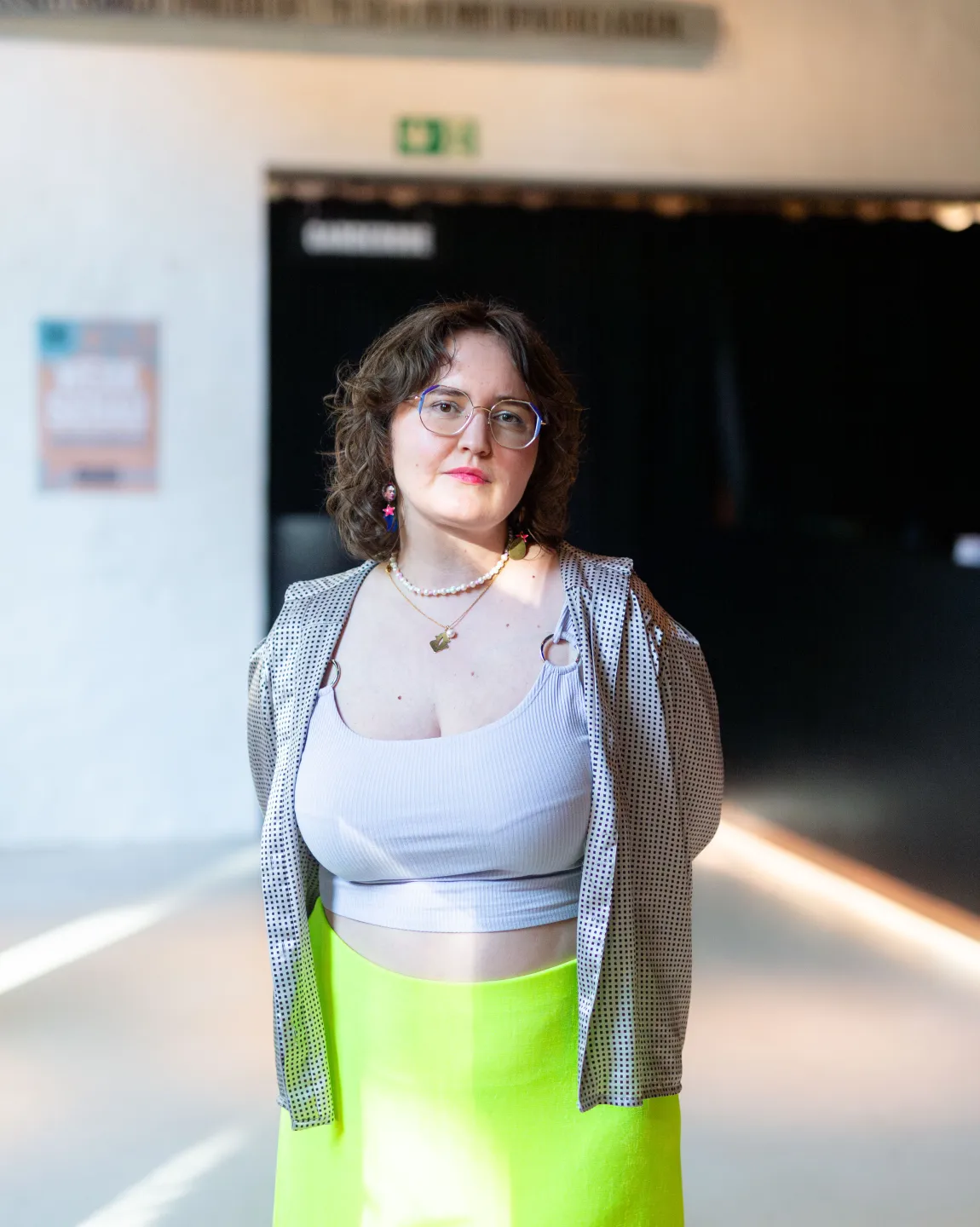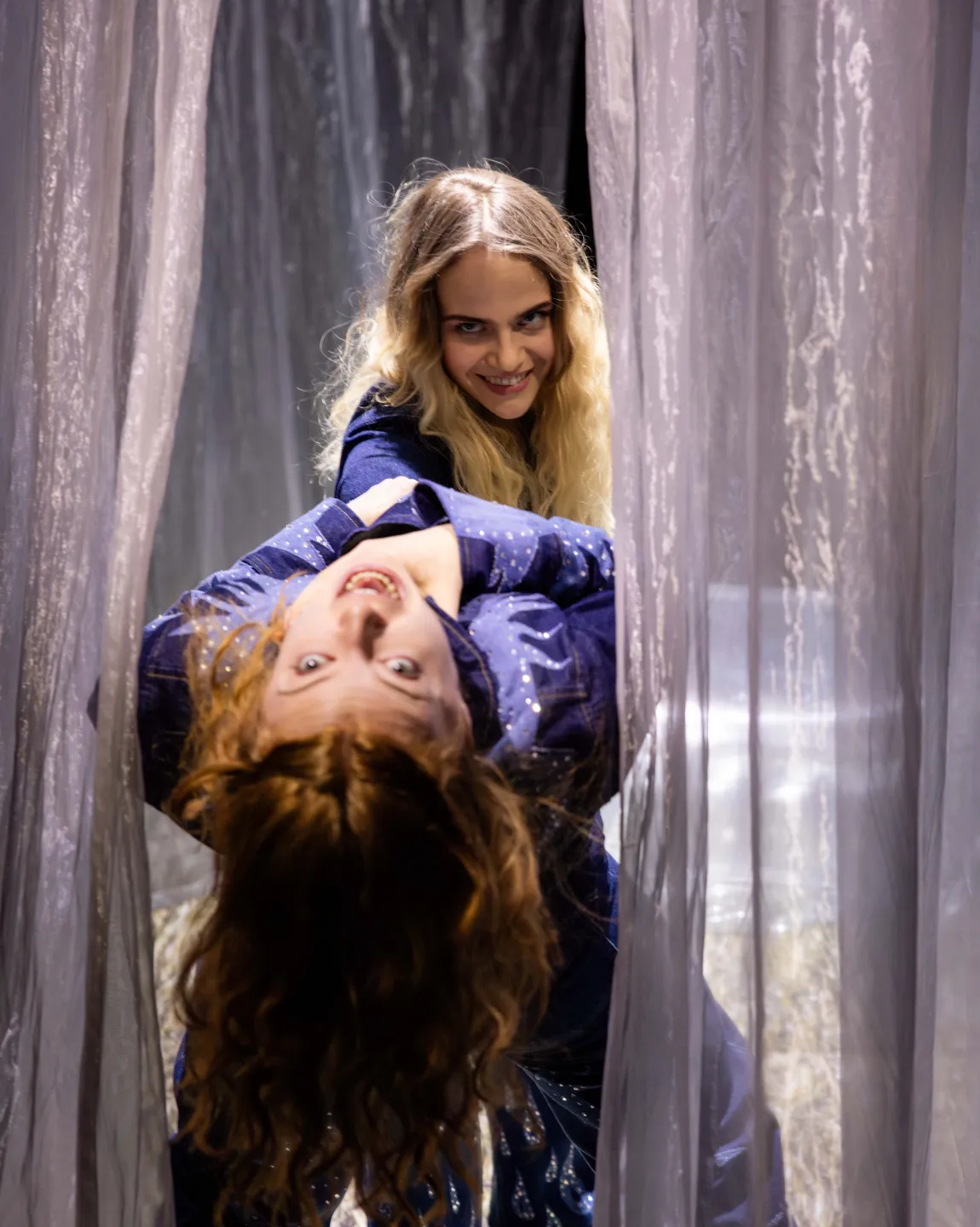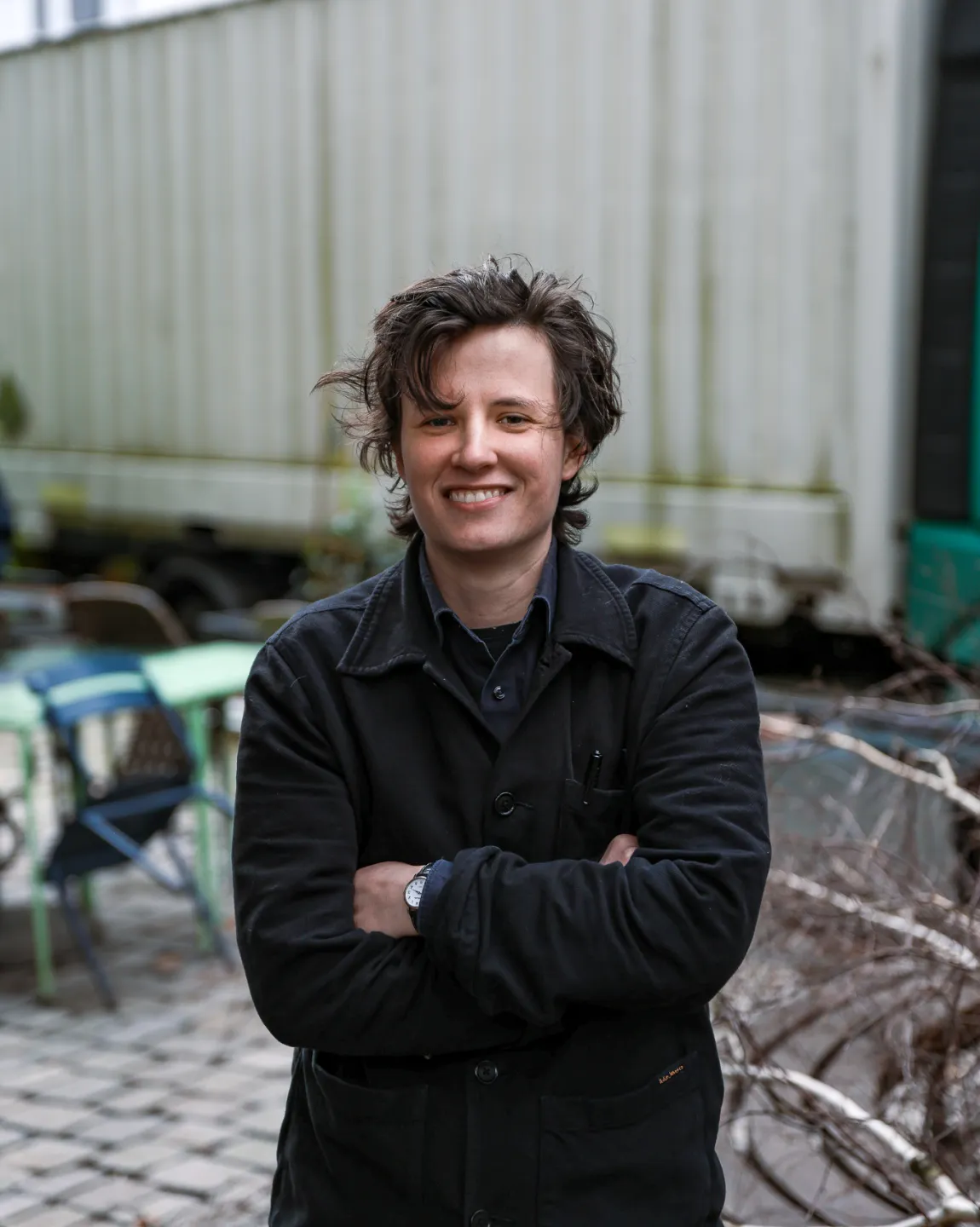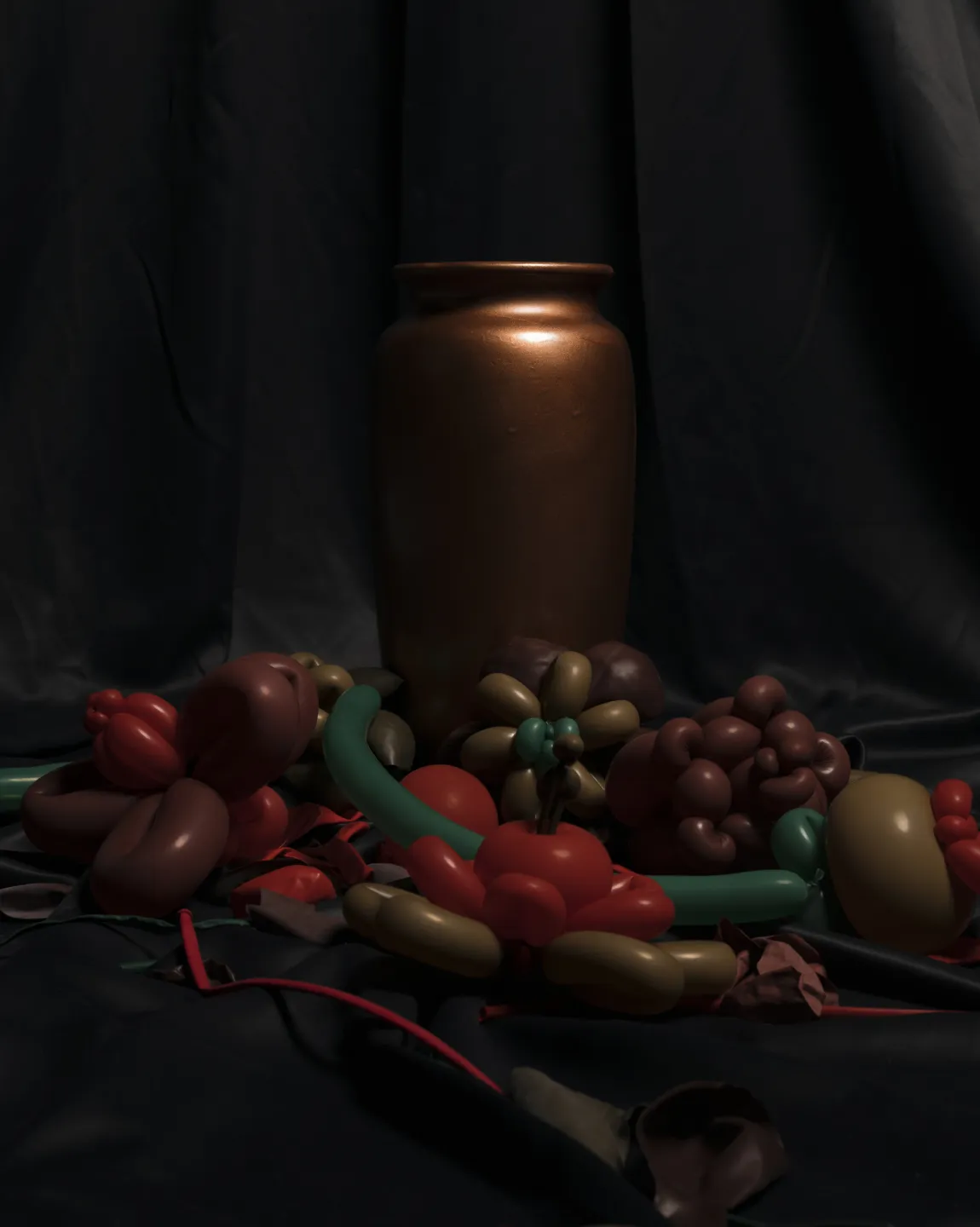As I write this, I sit in the canteen of the Berliner Ensemble. This time a year ago, I was just about to graduate with my master's in directing in Copenhagen. Even though I had worked in theatre for many years at that point, as an actor and as a maker with the collective "By Proxy", I still felt like a newbie. With "By Proxy", we won the jury award at "Körber Studio Junge Regie" back in 2015, an award that usually goes to a young director in the German-speaking world. Yet here we were – a collective explicitly working without a director, and in English – finding our way to Germany and its theatre system. Almost a decade later, I find myself in the famous director's chair. Which is just a normal chair. Not the cool ones with my name on it like in the movies. I would have never imagined that my first season in this new role would be working at the historical, yet vibrant, Berliner Ensemble.
Directing is a weird thing. On one hand, I am responsible for the whole production, yet a lot of my workday consists of sitting still and watching others do their work. It’s active and passive at the same time. And as time goes on, one becomes less and less necessary in the production. At one of the many premieres at the theatre this season, I met the director in the canteen, at the same table I’m sitting at now. I asked if they didn’t have to run to make their own premiere –and to my surprise, they answered that they didn’t have the nerves to watch it. I realized in that moment that directing is a funny business, with just as many ways of going about it as there are directors.
A year has passed, and I am starting to be comfortable with my new working title. And what a year it has been. In addition to the two shows, "Insomnia" and "Hedda", I have been creating evenings, night walks, workshops, and artist talks. At the premiere party of "Insomnia", which started at 4 in the morning due to it being performed at night, I said that I think of myself not as a director, but as a desire-choreographer. I try to listen to the individual desires in the working space and figure out how to make them dance together in the collective. This tension between individual and collective is central to most of my work, and the show itself was an exploration of what kind of space the theatre would be if it could be a place to meet others on those lonely nights you can’t sleep. It was always an impossibility. How do you create a six-hour-long performance, performed at night, within the normal production models of the institution? What kind of theatre can our minds comprehend in the middle of the night? What kind of social interactions can occur, and what is the political potential of these dark hours where the border between “me” and “you” becomes blurry?
I think many thought it wouldn’t be possible. And due to that, I experienced a freedom I seldom have. Even in the days leading up to the shows, voices whispered in the hallways that the police would surely come and end the performance. Luckily, that didn’t happen. One person who never questioned if it could be done was Pauline Knof, the actor who stood by my side this whole year. So with my next production, "Hedda", I knew that I wanted to turn it all on its head and try to make something the theatre is built to do. A classic, with a break and everything. But without abandoning my performative roots, I wanted to explore what theatre does and who we—the audience—become in the reproduction of Ibsen's iconic play.
In preparation of the production, I brought Pauline Knof to Norway. More specifically, to Skien, where Ibsen was born and from where he drew a lot of inspiration for his plays. In order to ask the questions I wanted to ask with the production, we had to not only look at how the text resonates today but also deeply engage with what Ibsen wanted with the text in his days. Only then could we start to discover who this text would turn us into. We went to Norway, met the Ibsen Society, saw one of Norway’s best actors perform "Peer Gynt," but more importantly, we smelled the air, looked at the light, tasted the water, and felt the cold winter that is approaching in "Hedda Gabler".
As many classics do, this text ends with the death of a woman, a suicide to be exact. The icon of the dead female is one that has troubled me for many years, and something I have explored both with the first piece by my collective "Stop Being Poor" and our opera "It is Not Over Until the Soprano Dies." It quickly became clear that "Hedda" would start with the dead title character, turning the play into a crime scene where the audience enters as detectives but leaves as defendants of the case. I was nervous about asking Pauline to lie dead on the floor in a pool of blood as the audience not only entered but had to step over her in order to get to their seats. But she met it in the same way she met the challenge of performing "Insomnia" in the middle of the night, with excitement and trust.
Galerie
I am entering my last week of rehearsals at the Berliner Ensemble. For now. "Insomnia" is too big of an effort to put up again in this short time, so a brand new presentation of the project needs to be devised. And "Hedda" is moving to Neues Haus, creating a whole set of new artistic challenges to be solved. But I am not doing it alone. Together with me, I have an amazing artistic team: dramaturgs, designers and technicians from the house, incredible assistants, Pauline and my right-hand Kathinka Schroeder, and many more. After this year, I know that the loneliness I feared when I transitioned into directing was an illusion. Theatre is always a collective ordeal. And I am grateful for every moment we have shared: in Berlin, in the night, in Norway, at the crime scene, in Berlin, in the theatre. Together.
PS: An extra thanks to everyone who works in the canteen. Thank you for every late night order, for the smiles early in the morning, and for the conversations that didn’t necessarily had to be about theatre. We too did it together. Thank you.
